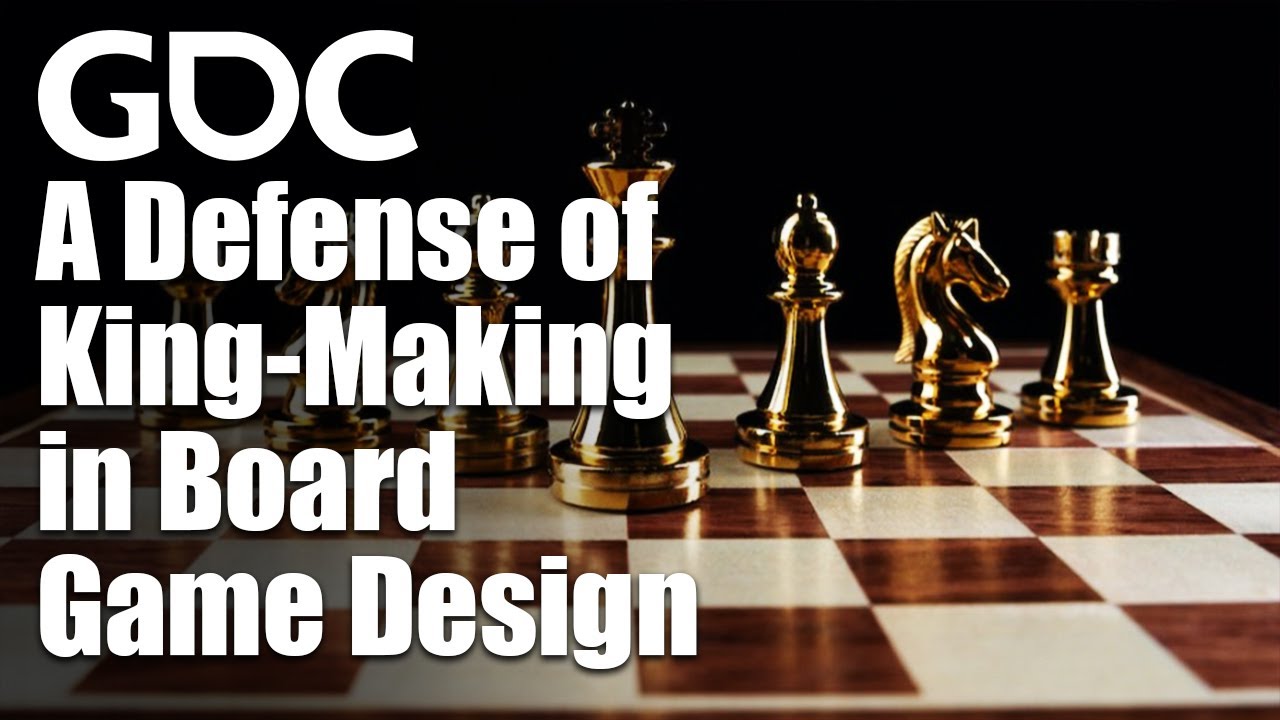Root
So my first encounter with his games was the SUSD Root review which convinced me to not buy Root.
I am unclear why despite that I now own Root and several expansions and the only multiplayer game I ever played was a 2 player with a bot and my partner.
I’ve tried grokking Root from playing the (very good) app and failed. I lost every single game to the computer.
I played a few of the Clockwork Automatons and that went better. It was actually fun. I have an appreciation for the design even if I fail to grok how to play the game.
Pax Pamir 2
The next thing that came along for me was Pax Pamir 2nd. My first game of this was here on the forums and it was very memorable. I found it stressful to plan my moves but also very satisfying. It was a 3 player game with @Benkyo and I think @chrislear (I am not sure but I think this was on the old forums, so I cant go look). I love the card play with the map, the changing of the suits the bonus actions. But same as Root the game and how to play well is opaque. It is a game I play from turn to turn because the gamestate can change so much.
I managed to get this to the virtual table with my local group twice and if we all had more time together in that particular configuration, it might be played more often. It is fragile and I still love it.
The Wakhan Bot though is everything I hate about automas. I can’t for the live of me figure out how to anticipate anything it is doing. And I have a difficult time reading the cards right and taking the bot actions, so much so that I spend more time on the bot turns than on mine sometimes. I recently tried again on BGA where the bot is run by the server… and it was horrible. This game comes alive only from the human interaction.
Oath
Next came Oath. Now Oath is weird. I agree that it has its flaws that come through quickly. I also played in that forum campaign and while I seem to have enjoyed it more than some of the other players, I understand why it fell flat for some.
My best experience with Oath was playing 3 handed solos. It’s been a while since I did that because it takes a lot of time and brainspace that I rarely have available. But I feel that Oath as a purely competitive game is not living up to its potential. When I played 3 handed, I instinctively went for some “cooperation” (or maybe intrigue among the players, imagined alliances etc) to tell a better story. And story the game was telling was not unlike Earthborne Rangers, except more emergent, more ephemeral… and that is an awesome achievement. I wish the regular multiplayer could be like that but unless people agree to play semi-cooperatively “for the drama” this is never going to work out on a table with different people. My current computer is still named after one of the cards from the game “The Great Spire” which it took me several games to get into play  I really want to have the time to play a lengthy campaign of this one on my local table…
I really want to have the time to play a lengthy campaign of this one on my local table…
I think it was @lalunaverde who recently sent me a link to a variant that allowed for competitive longterm play by tracking who won which games with which dominant suits and ending the campaign if the archive for 1 suit was empty… and declaring the overall winner the person who “most pushed” that suit.
As for the Clockwork Prince automa… there is a reason I’d rather play 3 handed solo. It is a nightmare of a flowchart. I don’t know where Wehrle comes up with these solo modes… but it has to be a very dark place.
John Company 2
John Company 2 is on my shelves. More as a collector’s item. It took forever to get the German version… I studied the rules, played a multihanded solo and think it is yet another immensely fascinating studie in history and human interaction and I could get this to the table with the same people I played Pax Pamir 2 with–but it requires me to know the rules well enough for teaching and compared to JoCo2, Pax Pamir 2 feels like a “simple game”.
So if I could keep only one of his games, it would definitely be Pax Pamir 2 because it is the most “playable” and “most likely to get to a table”. Next up is definitely Oath. Root is almost to the sell pile. JoCo is almost ready to be marked as a “collector’s item” (aka won’t sell but will likely never play)
All of Wehrle’s games need people to get away from pure mechanics and invest something more into the game. And I feel that this “something” is very hard to grasp for many people who play purely mechanical Euros most of the time (aka my locals). To get the most out of these games you need to interact with the other players in ways that is often closer to RPGs than to boardgames. This also makes for some potentially very stressful games. And so however much I appreciate all these designs, I can rarely play them.
PS: I backed Arcs. But not Molly House. The latter seemed to be yet another one for the unplayed stack. And these days I think I would have waited for Arcs to hit retail.
